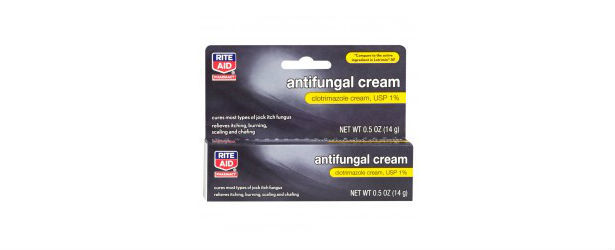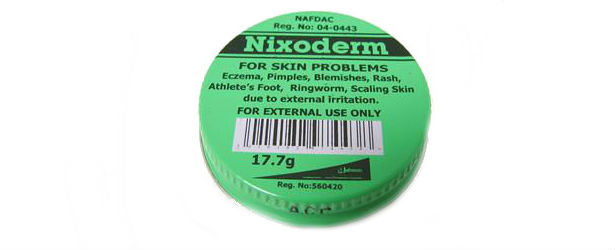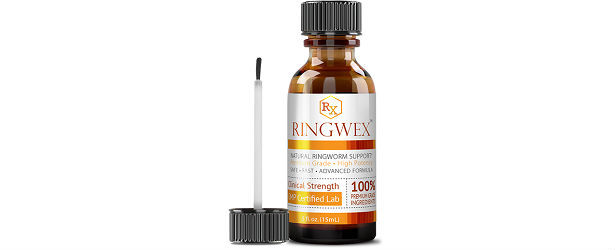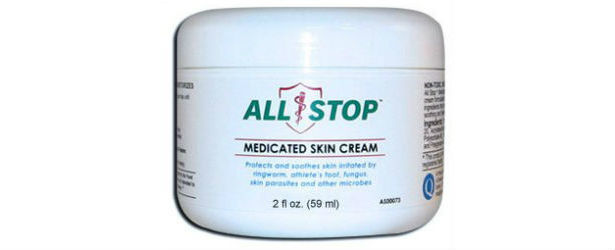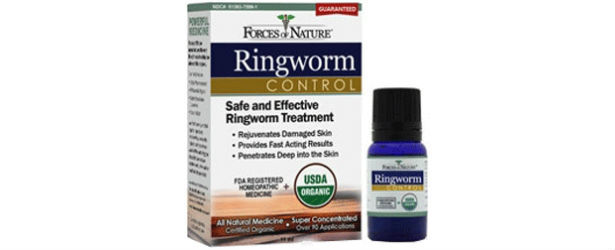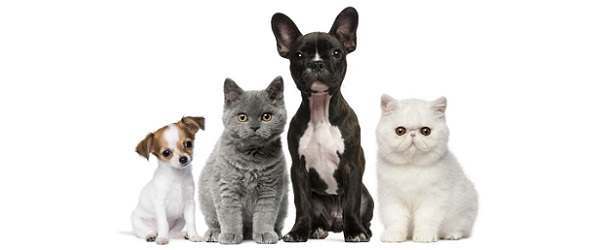
Can Pets Carry Ringworm?
Ringworm is not caused by worms but by different types of fungi. Humans can get ringworm from other humans, animals and infected soil. In animals, the affected areas are often marked by a circle or ring shaped patch on the skin. It is also common to find patches of hair or fur loss in infected areas. Many humans contract ringworm from their pets however there are several species of animals that can pass ringworm on to both humans and their pets.
Ringworm can be a very persistent fungal infection to cure and most treatments include the use of an anti-fungal medication. These medications may be natural remedies or prescription remedies obtained from a health care specialist.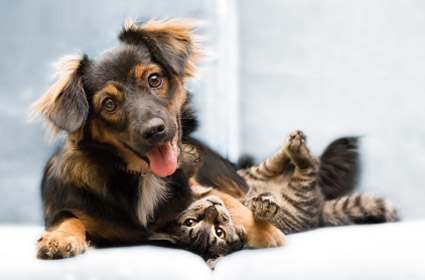
The biggest transmitters of ringworm to humans are dogs and cats who are kept in the home as pets. Animals that have recently been adopted from shelters or other group living environments often come with mild infections like ringworm. Because there are several animals in a small environment in shelters and homes, the fungus that causes ringworm infections is very common and hard to remove entirely from that environment.
This is especially true with younger animals who are still developing a strong enough immune system to block out these infections. In cats, ringworm presents itself with scaly skin or areas that are missing fur or are bare.
Horses are another animal that are known for transmitting ringworm to humans. Ringworm presents itself in horses similarly to how it presents itself in cats and dogs. In horses, ringworm usually presents itself on small patches of scaly skin and often results in hair loss in the affected areas. Similarly to cats and dogs, younger horses carry a higher risk for infection and transmission than older horses do but older horses can carry ringworm as well. If an owner finds that their horse has been infected by ringworm, it is suggested that the infected horse should be isolated and that the infected area on the horse be treated using some sort of equine fungicide.
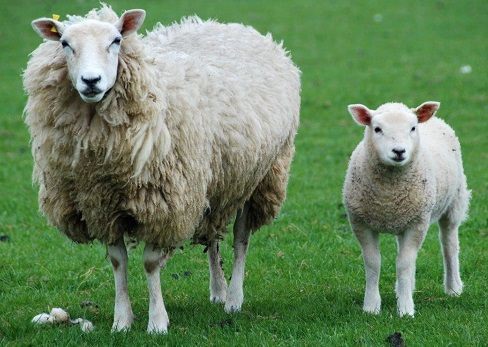 Sheep were never considered to be major carriers of ringworm until the early 1990s when several studies proved that this was not the case and that sheep can contract ringworm. When sheep are shorn in a manner that is very close to their skin, they lose their protective wool barrier. Sheep who are without this wool barrier see an increase in ringworm infections and transmissions as opposed to sheep who keep their wool.
Sheep were never considered to be major carriers of ringworm until the early 1990s when several studies proved that this was not the case and that sheep can contract ringworm. When sheep are shorn in a manner that is very close to their skin, they lose their protective wool barrier. Sheep who are without this wool barrier see an increase in ringworm infections and transmissions as opposed to sheep who keep their wool.
Many other common farm animals can contract and spread ringworm between themselves and humans. Goats, pigs, and cattle may all be infected with ringworm and can pass it on to the other animals in their environment. Animals that are infected with ringworm are usually prevented from being entered in exhibitions because of the likelihood of the transmission of the disease between animals and people.
Almost any animal can pass ringworm on to humans. In rural areas that are dependent on agriculture, nearly 80 percent of people who contracted ringworm picked it up from animals. Many animals like birds, rodents, rabbits, or ferrets can also contract ringworm and pass it on to humans. Even primates who are living in laboratories may be infected with ringworm and pass it on to other primates and humans either through the infected environment or through direct contact.
TOP 5
RINGWORMTreatments |
|||||
| Ringworm Clear | Phytozine | DermaRiche | Naturasil | Forces of Nature | |
|---|---|---|---|---|---|
| 1 | 2 | 3 | 4 | 5 | |
| Price (1 bottle) Price (6 bottles) *Best Value |
$49.95 $139.80 |
$39.95 $215.73 |
$39.95 $215.73 |
$49.95 $269.73 |
$34.85 $188.19 |
| Overall Rating | 99.40% | 84.60% | 80.00% | 78.90% | 71.10% |
| Effectiveness |      |      |      |      |      |
| Speed of Results | Extremely Fast | Good | Average | Average | Slow |
| Quality of Ingredients | Premium | Good | Good | Average | Unknown |
| Customer Satisfaction Evaluation | 99.30% | 82.50% | 78.90% | 76.00% | 69.00% |
| Safety Evaluation | Safe for Use | Safe for Use | Safe for Use | Safe for Use | Safe for Use |
| Customer Service Rating |      |      |      |      |      |
| Reorder Rate | Highest | Good | Good | Average | Average |
| Return Policy | Risk Free | Risk Free | Risk Free | Risk Free | Risk Free |
| Success Rate | 99.30% | 81.00% | 78.50% | 75.30% | 69.00% |

 Subscribe Now
Subscribe Now





